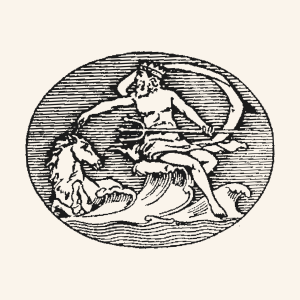Drake Lawsuit Over Kendrick Lamar’s ‘Not Like Us’ Dismissed by Judge
A federal judge has thrown out Drake’s defamation lawsuit against Universal Music Group (UMG) over Kendrick Lamar’s explosive diss track “Not Like Us,” ruling that the rapper’s grievances were legally baseless and, in some parts, “logically incoherent.”
Drake filed the suit earlier this year, accusing his longtime label of defamation for releasing Lamar’s viral track, which branded him a “certified pedophile.” He claimed millions of listeners believed the lyric literally, causing serious harm to his reputation.
But in a decisive ruling on Thursday (Oct. 9), Judge Jeannette Vargas dismissed the case outright, calling Lamar’s lyric “hyperbolic” and part of a “heated rap battle” — not a factual statement.
“The artists’ seven-track rap battle was a ‘war of words’ that drew massive public attention and debate,” Vargas wrote. “While the accusation of pedophilia is a grave one, the broader context — a rap feud filled with exaggerated, provocative language — would not lead a reasonable listener to take it as a statement of fact.”
The decision ends one of the most talked-about legal fights in music this year. Drake’s lawsuit shocked both fans and legal experts, with many questioning the wisdom of suing his own label — the largest in the world — over a diss track.
Drake’s legal team told Billboard they plan to appeal: “We intend to challenge today’s ruling and look forward to review by the Court of Appeals.”
UMG, on the other hand, celebrated the dismissal. “This suit was an affront to creative expression and never should have existed,” a company spokesperson said. “We’re pleased with the court’s ruling and will continue to support Drake’s career and music.”
“Not Like Us,” released last May at the height of Lamar and Drake’s bitter feud, became a chart-topping smash and swept the Grammys, earning five awards including Record and Song of the Year. In January, Drake filed his lawsuit, claiming UMG had actively promoted the track through “bots and deceptive marketing” to amplify a false narrative. The suit did not name Lamar as a defendant.
UMG fired back that such claims were meritless, arguing that diss tracks thrive on exaggeration and personal attacks. The company also noted that Drake had made his own inflammatory accusations — including alleging Lamar was a domestic abuser — before the tables turned.
The feud escalated further in February when Lamar performed “Not Like Us” at the Super Bowl halftime show, taunting Drake with a pointed lyric: “Say, Drake, I hear you like ’em young.”
In her ruling, Judge Vargas sided fully with UMG, writing that no listener expects “accurate factual reporting” from a diss track “filled with profanity, threats, and figurative insults.” She even cited Drake’s own lyrics from “Family Matters,” in which he implied Lamar was abusive and cast doubt on the paternity of one of Lamar’s children.
“The recording was part of a public feud where both sides exchanged extreme, inflammatory language,” Vargas wrote. “This is exactly the kind of context where an audience expects fiery rhetoric, not factual claims.”
The judge also rejected Drake’s argument that the song’s massive success turned it into defamation, saying the Constitution doesn’t shift with popularity. “Whether a statement is fact or opinion cannot depend on how many streams or awards it earns,” she wrote.
Finally, Vargas dismissed Drake’s claim that UMG defamed him by “republishing” the track through marketing pushes. “This argument is logically incoherent,” she said. “If it wasn’t defamatory when released, it didn’t become defamatory later.”
With the ruling, one of hip-hop’s most surreal courtroom dramas ends — at least for now — leaving Drake to decide whether to keep the legal battle alive or accept defeat in what began as a war of words and ended as a lesson in artistic free speech.


